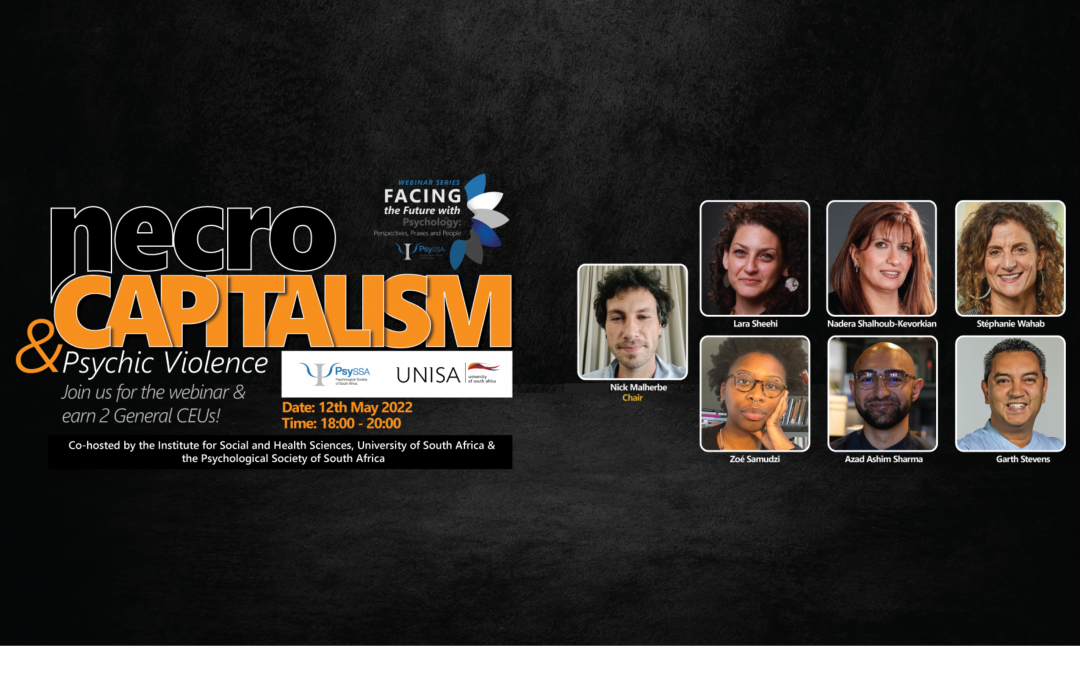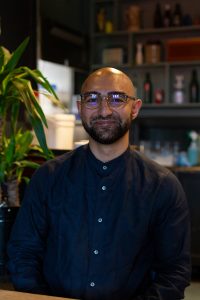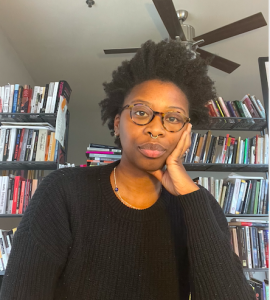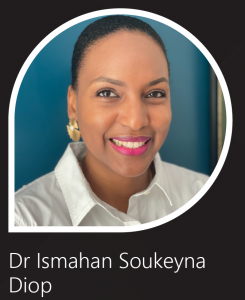
PsySSA 2022 Webinar Series – Webinar 2: Necrocapitalism and Psychic Violence
About this webinar:
In 2021, the journal Social and Health Sciences published a Special Issue, guest edited by Professor Lara Sheehi, on Necrocapitalism and Psychic Violence. The articles that comprise this issue are wide-ranging, and explore how necrocapitalism harnesses death and dying to operationalised oppression in the local and global spheres, maintaining authority through an economy of deadly violence. The articles speak, in different ways, to our present conjuncture. However, they also go beyond present-day debates on necropolitics, and raise several important questions with respect to the urgency of resistance and the imperative of emancipatory future-building. At this virtual event launching this important Special Issue, four authors who contributed to the issue will discuss their articles, and what they mean today with respect to understanding the present so that we might change it. The speakers will be in discussion with Professor Garth Stevens.
Meet our Chair & Panellists!
Chairperson: Nick Malherbe
Nick Malherbe is a researcher at the Institute for Social and Health Sciences, University of South Africa & South African Medical Research Council-University of South Africa Masculinity and Health Research Unit. His research interests include community psychology, violence, visual methods, and culture.
Discussant: Garth Stevens
Garth Stevens is a Professor and Clinical Psychologist in the Department of Psychology, in the School of Human and Community Development, at the University of the Witwatersrand in South Africa. His research interests include foci on race, racism and related social asymmetries; racism and knowledge production; critical psychology, ideology, power and discourse; violence and its prevention; historical/collective trauma and memory; applied psychoanalytic theorising of contemporary social issues; and masculinity, gender and violence. He has published widely in these areas, both nationally and internationally, including co-editorships of A ‘race’ against time: Psychology and challenges to deracialisation in South Africa (UNISA Press, 2006) and Race, memory and the apartheid archive: Towards a transformative psychosocial praxis (Palgrave Macmillan, 2013). He is the co-lead researcher on the Apartheid Archive Project, which is an international research initiative that aims to examine the nature of the experiences of racism of South Africans under the old apartheid order and their continuing effects on individual and group functioning in contemporary South Africa. He is also the co-lead researcher on the Violent States, States of Violence Project, which aims to re-engage a theorisation of violence in the contemporary world. At present, he holds a B-rating from the National Research Foundation, is a member of the Academy of Science of South Africa (ASSAf), serves as the Dean in the Faculty of Humanities at the University of the Witwatersrand, and is the Past President of the Psychological Society of South Africa (PsySSA).
Panelists
Azad Ashim Sharma

Azad Ashim Sharma is the director of the87press and author of Against the Frame (Barque 2017 / Broken Sleep Books 2022), Ergastulum (Broken Sleep Books 2022) and the forthcoming Boiled Owls(Nightboat Books 2023). He is a CHASE-funded PhD candidate in English and Humanities at Birkbeck College.
Zoé Samudzi
Zoé Samudzi holds a PhD in Medical Sociology from the University of California, San Francisco and is a Research Associate at the Centre for the Study of Race, Gender, and Class at the University of Johannesburg. She is a writer and art critic, and an associate editor at Parapraxis Magazine.
Lara Sheehi
Lara Sheehi, PsyD (she/hers), is an Assistant Professor of Clinical Psychology at the George Washington University’s Professional Psychology Program. She teaches decolonial, liberatory and anti-oppressive theories and approaches to clinical treatment, case conceptualization, and community consultation. She is the president-elect of the Society for Psychoanalysis and Psychoanalytic Psychology (APA Division 39), and the chair of the Teachers’ Academy of the American Psychoanalytic Association. She is co-editor of Studies in Gender and Sexuality and co-editor of CounterSpace in Psychoanalysis, Culture, and Society. Lara is on the advisory board to the USA–Palestine Mental Health Network and Psychoanalysis for Pride. She is co-author with Stephen Sheehi of the book, Psychoanalysis Under Occupation: Practicing Resistance in Palestine (Routledge, 2022).
Nadera Shalhoub-Kevorkian
Professor Nadera Shalhoub-Kevorkian is the Lawrence D. Biele Chair in Law at the Faculty of Law-Institute of Criminology and the School of Social Work and Public Welfare at the Hebrew University of Jerusalem and the Global Chair in Law- Queen Mary University of London. Her research focuses on trauma, state crimes and criminology, surveillance, gender violence, law and society. She studies the crime of femicide and other forms of gendered based violence, violence against children in conflict ridden areas, crimes of abuse of power in settler colonial contexts, surveillance, securitization and social control. Shalhoub-Kevorkian is the author of numerous books, among them “Militarization and Violence Against Women in Conflict Zones in the Middle East: The Palestinian Case Study” published in 2010; “Security Theology, Surveillance and the Politics of Fear”, published by Cambridge University Press, 2015. She just published two new books” the first examines Palestinian childhood entitled: “Incarcerated Childhood and the Politics of Unchilding”, and a new edited book entitled: Understanding Campus-Community Partnerships in Conflict Zones”. The second is a co-edited volume on the sacralization of politics. She is also completing a co-edited volume on Islam and gender-based violence. She and has published articles in multi-disciplinary fields including British Journal of Criminology, Feminist Studies, Ethnic and Racial Studies, State Crime, Violence Against Women, Social Science and Medicine, Signs, Law & Society Review, International Journal of Applied Psychoanalytic Studies. As a resident of the old city of Jerusalem, Shalhoub-Kevorkian is a prominent local activist. She engages in direct actions and critical dialogue to end the inscription of power over Palestinian children’s lives, spaces of death, and women’s birthing bodies and lives. Babette Gekeler is a clinical psychotherapist running a transcultural practice and lecturer at the International Psychoanalytic University of Berlin where she teaches Psychodynamic and Psychosocial Counselling with a focus on current societal issues and is a Co-Director for the Working Group on Refugee and Mental Wellbeing at the Network for Refugee Research. Her special research interests are in the investigation of cultural, racial and religious belonging and their relation to mental wellbeing and illness. Furthermore, participatory methodologies lie at the heart of her research engagement and interest. She received her PhD on Public Engagement with Multiculturalism from UCL in 2012, for which she has received an ESRC fellowship in 2007. She has regular engagements as a public speaker on issues relating to identity, group dynamics and wellbeing
Stéphanie Wahab
Stéphanie Wahab, PhD, is a Professor at Portland State University’s School of Social Work, and Honorary Research Associate Professor at the University of Otago, Social and Community Work in New Zealand. She teaches courses focused on social justice, philosophies of science, qualitative inquiry, and intimate partner violence. Her research and scholarship tend to focus on issues of violence, including but not limited to intimate partner violence, institutional and state sanctioned violence such as criminalization, militarization, and occupation. She is a co-editor of Feminisms in Social Work Research: Promise and possibilities for justice based knowledge.























